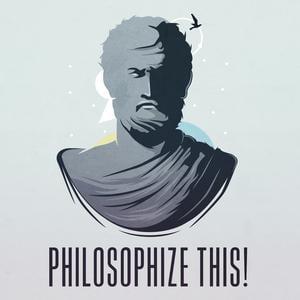
In this episode of Philosophy Bites, L.A. Paul explores the concept of transformative experiences and their implications for decision making. She discusses how these experiences can lead to personal and epistemic reorganization, making it challenging to make rational decisions about them. Paul also delves into the debate between skeptics and believers, highlighting the importance of recognizing the limits of our own experiences and the need for philosophy to consider subjective and lived experiences.
Transformative experiences can have a profound impact on individuals, leading to personal and epistemic reorganization. Examples such as becoming a parent, getting married, or becoming disabled demonstrate how these experiences can shape one’s values and priorities. However, making rational decisions about transformative experiences is challenging because it’s difficult to fully anticipate the changes they will bring. This uncertainty poses a dilemma for individuals trying to make informed choices.
Testimony from others who have undergone transformative experiences may not be reliable as their perspectives are influenced by the experience itself. This challenges the notion of relying on others’ accounts to make decisions about such experiences. In debates between atheists and deep believers, arguing and presenting evidence often fail to sway the opposing side because the evidence is perceived differently based on one’s transformative experiences. This highlights the subjective nature of perception and the challenges it poses in these debates.
The sense of divinitatis refers to the sense of the divine that can be discovered within ourselves by being open to the right kind of information. This sense is relevant in the debate between skeptics and believers, as it shapes how individuals understand transformative experiences. Skeptics view transformation as a form of mind control, while believers see it as the realization of God’s capacity within us. This debate revolves around different perceptions of what is considered evidence and how individuals interpret their experiences.
Contemporary philosophy should pay more attention to subjectivity and subjective experience, as well as the nature and quality of lived experiences. Recognizing the limits of our own experiences can foster greater tolerance and understanding of diversity. Failure to acknowledge different lived experiences can lead to epistemic and testimonial injustices. The lack of discussion in philosophy regarding the nature of becoming a parent and its implications highlights the need for broader exploration of topics that have been overlooked. By including a wider range of perspectives, philosophy can better address the complexities of human experiences.
Transformative experiences pose challenges for decision making and rationality, as their full impact is often unknown until experienced. The subjective nature of these experiences and the different perspectives they engender make it difficult to rely on testimony or evidence alone. Philosophy should embrace subjectivity and lived experiences to gain a deeper understanding of human existence and the choices individuals face. By recognizing the limits of our own experiences and respecting the diversity of others, we can foster a more inclusive and empathetic society.